Recovering from spine surgery requires patience, dedication, and a comprehensive approach to fitness. A regular exercise regimen will help you strengthen the muscles supporting your spine, relieve pain, and regain mobility.
Incorporating fitness strategies, such as gentle exercise, stretching and strengthening, can promote a faster and smoother recovery. Holistic fitness focuses on the entire body, with an emphasis on physical, mental and emotional health.
In this article, we’ll explore how overall fitness can enhance recovery from spine surgery.
Gentle movement and stretching for early recovery
Gentle mobility is essential after spine surgery to promote blood flow and prevent stiffness. Starting with gentle stretching helps build flexibility without overtaxing the recovering muscles.
Verywell Health reports that the straight leg raise (SLR) is one exercise that targets lower back strength and aids in post-surgery recovery. Lie on your back, tighten your abdominal muscles, lift one leg for two seconds, then slowly lower it. Repeat for 10 to 15 repetitions, then switch legs. To gradually increase strength, repeat this exercise 2 to 3 times daily. Always check with your physical therapist to ensure good technique and prevent damage during rehabilitation.
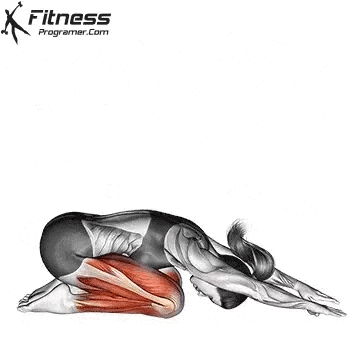
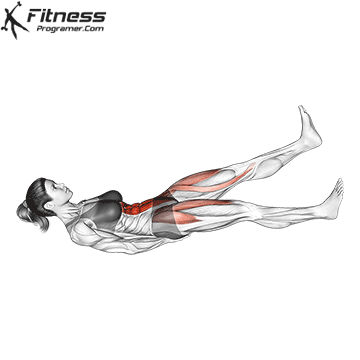
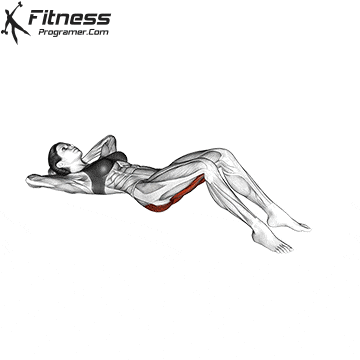
Simple movements, such as walking or tilting the pelvis, can gradually build strength and restore function. Stretching the muscles surrounding the spine helps maintain mobility and reduce tension.
How do I make sure I’m doing the exercises correctly?
Consult your physical therapist regularly for feedback on your condition and progress. If you feel discomfort or pain, it may be due to poor technique. Starting with modest movements and gradually increasing difficulty ensures you don’t overwork your body.
Strengthening the core muscles to support the spine
Core muscles play a pivotal role in supporting the spine during recovery. Strengthening these muscles is essential to prevent pressure on the spinal area. Focus on exercises that target your abdominal muscles, back muscles, and hips.
Engaging in exercises such as the pelvic bridge, leg raises, or modified planks can help rebuild core strength. A strong core will provide stability and reduce the risk of re-injury during everyday movements.
According to Healthline, spinal twist while sitting extends your hips, back, and shoulders, improving spinal flexibility. It engages the abdominal muscles, stimulates the internal organs, and promotes digestion and overall health. To perform the exercise, twist your spine while supporting yourself with your hands, hold the position for up to one minute, then repeat.
These exercises should be introduced slowly and gradually to avoid excessive stress. As you get stronger, you’ll notice improved posture and better spinal support, helping you regain confidence in your body.
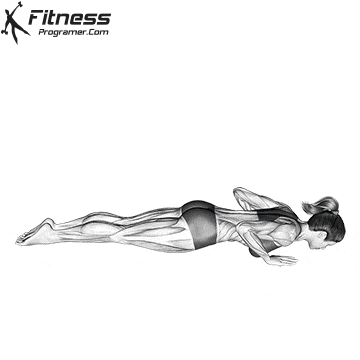
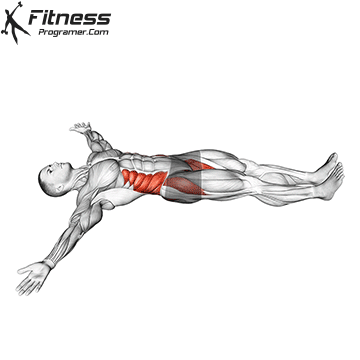
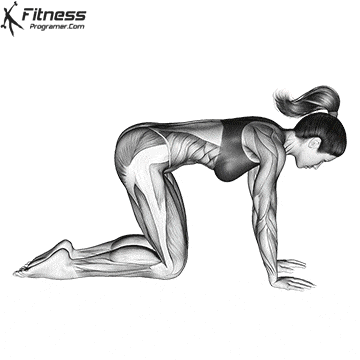

Can strengthening my core muscles speed up my recovery?
Yes, strengthening the core can enhance mobility and reduce pain, which may speed up the healing process. A strong core supports a healthy spine by reducing stress on the back muscles. When you regain your strength and stability, your body can recover more efficiently.
The role of nutrition in recovery from spine surgery
Proper nutrition is essential for complete recovery after spine surgery. A balanced diet supports tissue repair and helps reduce inflammation. Focus on the following key nutrients to speed up the healing process:
- protein: It helps muscle recovery and promotes tissue repair.
- Vitamin C: Reduces inflammation and supports healing.
- Omega-3 fatty acids: Its presence in fish or flaxseed oil helps reduce inflammation and support joint health.
- Calcium: Strengthens bones, which is essential for spinal healing.
You can speed up the healing process and enhance overall spinal health by incorporating these nutrients into your diet.
The National Foundation for Spine Health states that vitamin D is essential for your body to effectively absorb calcium, supporting spinal health. Foods rich in vitamin D, such as fatty fish, mushrooms and egg yolks, enhance calcium absorption. Without vitamin D, even a diet rich in calcium will not provide the benefits your spine needs.
Can dehydration affect the recovery process?
Yes, dehydration can slow your recovery by affecting muscle function and tissue repair. Drink plenty of water throughout the day to keep the body hydrated and promote healing. Proper hydration helps maintain optimal circulation, which is vital for recovery after spine surgery.
How qualified health professionals can help
Qualified health professionals are essential to creating a safe and effective recovery plan after spine surgery. A physical therapist may customize exercises to meet your unique needs and ensure good technique. They will help you complete movements that promote healing while reducing stress.
Registered nurses also manage the progress of recovery by monitoring vital signs, administering medications, and checking for complications. They provide vital care to ensure proper pain management and prevent infections. Registered nurses are skilled in guiding patients through safe rehabilitation exercises that promote recovery.
According to Baylor University, registered nurses receive extensive education, typically completing a Bachelor of Science in Nursing (BSN) degree. This degree provides advanced training in patient care, anatomy, and medical protocols. Some students enroll in the Accelerated Bachelor of Science in Nursing (ABSN) program, which is intended for those with a degree in other disciplines.
The ABSN program accelerates the nursing education process, allowing students to enter the industry faster. Many colleges now offer Online Accelerated BSN Programallowing students to learn at their own pace. The online format accommodates individuals with full-time jobs, allowing them to study during evenings or weekends.
What should I ask my healthcare provider before starting exercises?
Before starting any exercise, ask which exercises are appropriate for your particular stage of surgery and recovery. Ask about proper techniques, how to avoid injury, and signs to watch for during exercises. Make sure your provider knows if any discomfort arises while performing the exercises.
Mental and emotional health during recovery
Recovery from spine surgery is not just about the body; It requires mental and emotional support as well.
ScienceDirect highlights that patients undergoing spine surgery are more likely to experience postoperative depression than with other surgeries.
Studies show that spine surgery patients experience unique factors that predict depression before and after surgery. Research highlights the importance of identifying these predictors to reduce the risk of depression after surgery.
Stress and frustration can hinder growth if not dealt with appropriately. Mindfulness practices such as deep breathing or meditation can help you manage anxiety. These methods can help you feel better and reduce discomfort. Staying socially connected and asking family or friends for help will help you stay motivated.
A positive outlook can greatly impact the speed of your recovery. You will create a more balanced and holistic approach to recovery by focusing on your mental health. This makes it easier to stay on track and fully recover.
Can mental health affect the speed of physical recovery?
Yes, mental health directly impacts physical recovery by reducing stress and promoting better sleep. Managing anxiety and depression helps the body recover faster by lowering cortisol levels and encouraging recovery. Emotional balance creates a more effective environment for physical healing after surgery.
Recovering from spine surgery requires more than just physical therapy; It requires a holistic approach. The combination of gentle movement, core strengthening, and proper nutrition helps speed up the recovery process and improve results. It is important to remember that mental and emotional health also play a major role in recovery.
Mindfulness techniques can reduce stress, while social support keeps you motivated and connected. Focusing on all aspects of well-being allows individuals to confront the challenges of recovery head-on. You can regain your strength faster and enjoy a better quality of life after surgery by prioritizing physical and emotional health.
